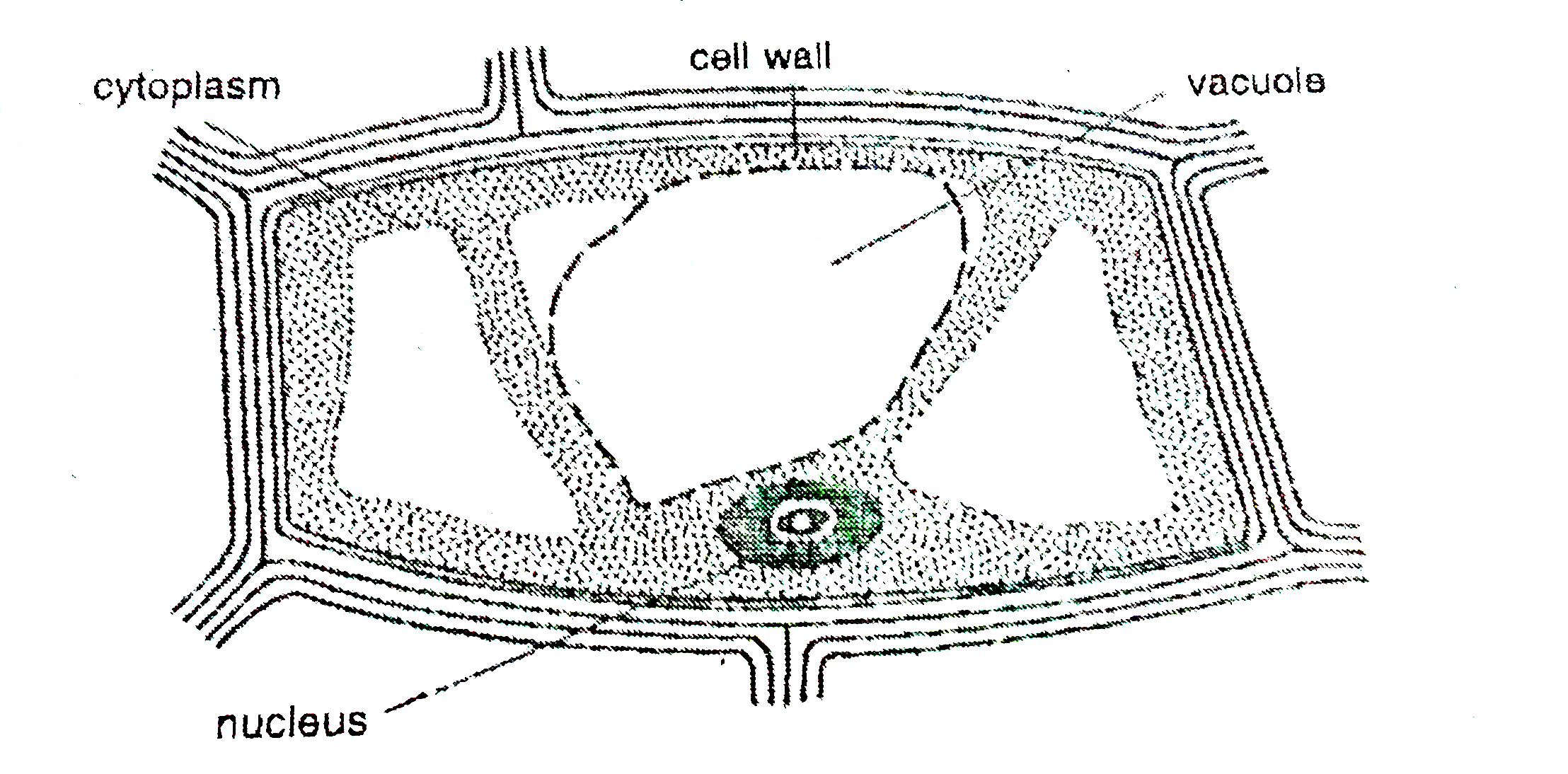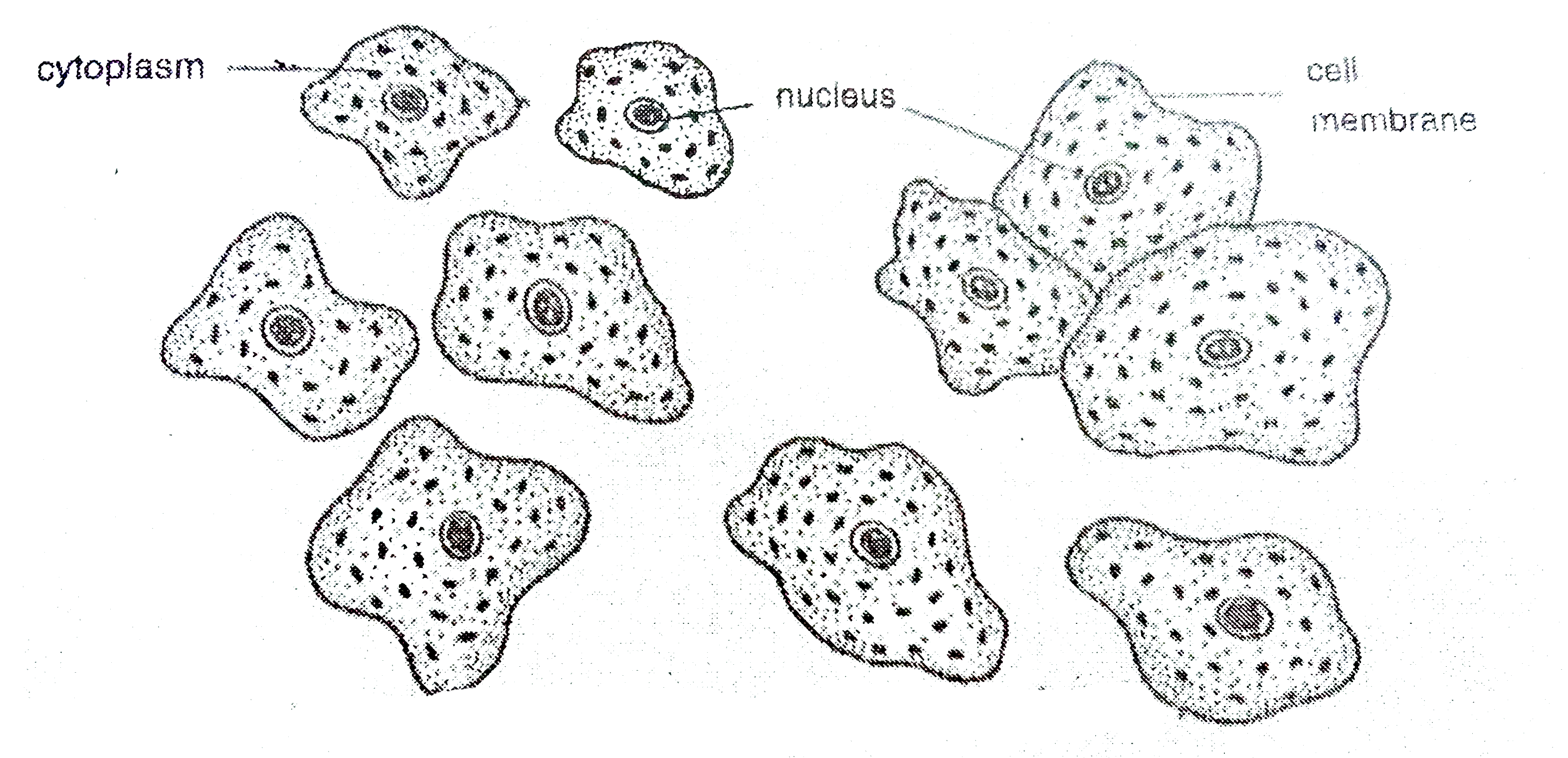Anwer the following questions related to the experiment ''To make a temporary stained mount of onion peel''.
1. Which stain would you use to stain onion peel ?
2. How would you remove extra stain from the slide ?
1. Iodine solution as stain. 2. Extra stain will be removed using blotting paper.
Topper's Solved these Questions
- IMPROVEMENT IN FOOD RESOURCES BOOK - PRADEEPCHAPTER - IMPROVEMENT IN FOOD RESOURCES EXERCISE - Question answer
12 Videos
- HEALTH AND DISEASESBOOK - PRADEEPCHAPTER - HEALTH AND DISEASESEXERCISE - Analytical
12 Videos
- NATURAL RESOURCES : OUR ENVIRONMENTBOOK - PRADEEPCHAPTER - NATURAL RESOURCES : OUR ENVIRONMENTEXERCISE - QUESTIONS WITH ANSWERS
20 Videos
Similar Questions
Knowledge Check
Which stain is used for mounting of onion cells ?
AsafffraninBMethylene blueCAcetocarmineDEosinWhich of these would you use to stain the cells red color ?
ASafranin solutionBMethylene blue solutionCGlycerine solutionDIodine solutionTo prepare stained temporary mounts of (a) onion peel, and (b) human cheek cells and to record observations and draw their labelled diagram.


We generally mount the material in the slideAin the centreBon the left side of slideCon the right side of slideDboth (b) and (c )
While preparing a temporary stained mount of a leaf epidermal peel, how is the extra stain removed?
View SolutionWrite atleast two precautions that you would take while performing the experiment "to make a temporary stained mount of human cheek cells."
View SolutionWhich stain is used while preparing a temporary mount of a leaf peel ?
View SolutionHow would you take the sample to prepare temporary stained mount of human cheek cells ? Draw diagram of the structure you would see under the microscope.
View SolutionClass teacher asked you to perform an experiment to prepare stained temporary mount of human cheek cells. He asked you to answer the following questions :
(i) Name the stains you would use for staining scrap of inside of your cheek.
(ii) Where would you see coloured spherical or oval dot-like structures in each cheek cell ? Name this structure.
View Solution
